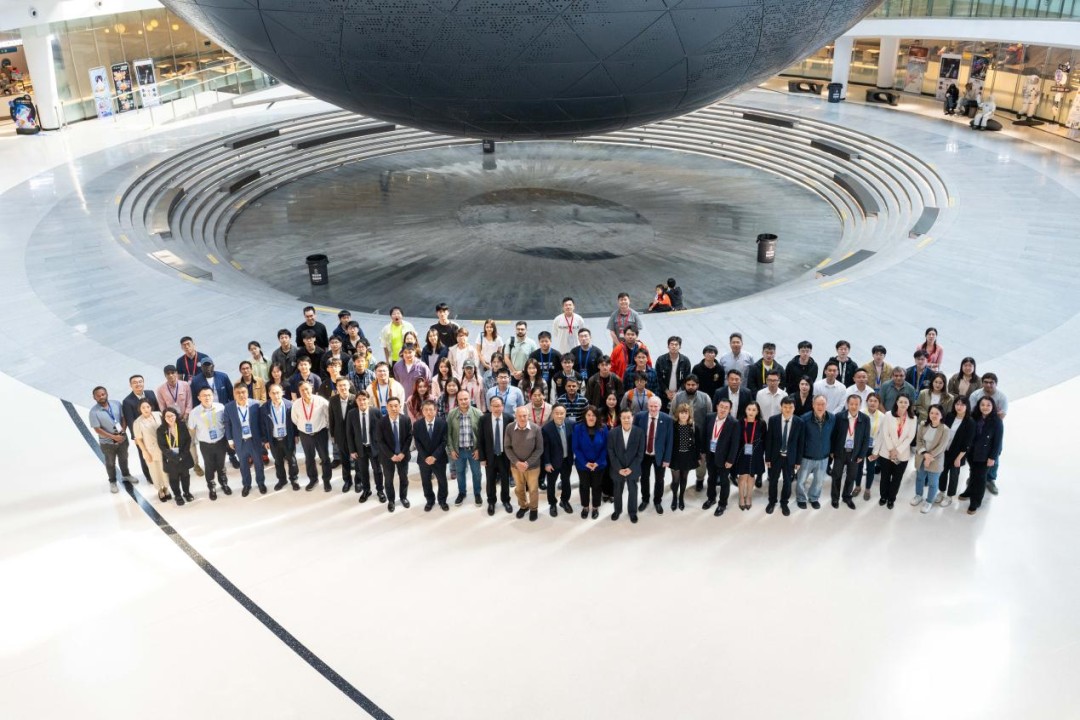“Flying to Deep Space” International Forum on Science and Innovation Cooperation and Development Successfully Held at SAM

On April 23, 2025, the “Flying to Deep Space” International Forum on Science and Innovation Cooperation and Development was successfully held at the Shanghai Astronomy Museum (Branch of the Shanghai Science and Technology Museum, SSTM) as part of the 2025 China Space Conference. The forum attracted over a hundred participants, including experts, scholars, faculty members, and students from renowned international and domestic space organizations, research institutes, colleges and universities, and commercial aerospace enterprises.
As one of the international forums of the China Space Conference, “Flying to Deep Space” aims to establish a key platform for talent development, scientific research, and collaborative exchanges with international space organizations, research institutes, and renowned colleges and universities in fields such as scientific innovation, entrepreneurship, and science education. At the forum, experts and scholars delivered insightful keynote speeches on topics including the future of space exploration, deep space detection, precision remote sensing, and collaborative observation. Ni Minjing, Director of the SSTM, delivered a keynote speech titled Future Visions of Space Exploration; Liu Fucheng, Chair Professor and Dean of the School of Aeronautics & Astronautics at Shanghai Jiao Tong University, presented on Advances in Celestial Navigation Technology for Deep Space Exploration; Wu Bo, Professor and Deputy Director of the Research Centre for Deep Space Explorations at The Hong Kong Polytechnic University, shared insights on Cutting-edge Applications of Precision Remote Sensing Mapping in Extraterrestrial Landing Missions; Cai Zhiming, Deputy Director of the Scientific Research Department at the Innovation Academy for Microsatellites of Chinese Academy of Sciences, discussed Revealing the Transient Light of the Universe: International Space-Ground Collaborative Observations with SVOM and EP Satellites.
The Chinese Society of Astronautics initiated a competition segment, with the forum announcing the official launch of the 2025 International Space Science and Scientific Payload Competition. Concurrently, the forum hosted a special session on intelligent robotics for deep space exploration, featuring insightful keynote presentations by five distinguished experts and scholars. Following the event, Chinese and international guests jointly visited the world’s largest astronomy-themed museum - the Shanghai Astronomy Museum. With its full-dome planetarium theater, meteorite specimens, spacecraft models, and VR experiences, the museum vividly illustrates cosmic mysteries and humanity’s journey of space exploration.






